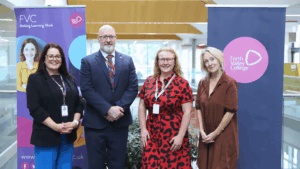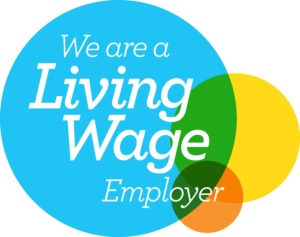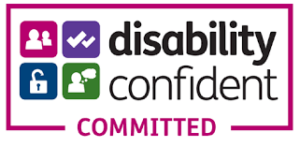Coronavirus in Scotland: Vulnerable pupils failing to keep up in lockdown
Published by The Times
Written by Mark McLaughlin
More than two thirds of vulnerable pupils in Scottish high schools failed to attempt any coursework throughout the lockdown, a survey has found.
Disadvantaged pupils said they found their books too hard to follow without teacher support, and many said they could not concentrate due to the stress and anxiety of the pandemic. One in four said they could not do any work as they had to care for others. Two thirds said they felt low, anxious and stressed and almost 90 reported significantly disrupted sleeping patterns.
More than 1,000 secondary school pupils shared their experience of the lockdown in a survey with MCR Pathways, a charity working to employ mentors for vulnerable children in every Scottish school. The charity warned that the coronavirus crisis posed “a major risk to their futures” unless the Scottish government invested in dedicated support to help disadvantaged pupils make up for lost time.
Three quarters of pupils asked for more one-to-one time with teachers to help them to catch up, citing concerns around falling behind in class and re-adjusting to the school routine. Sixty per cent were concerned about catching the virus and passing it on to family members. Iain MacRitchie, founder of MCR Pathways, said schools should not be closed again if there was a second wave.
Last week Mark Woolhouse, a member of the Scottish government’s Covid-19 advisory group, told The Times that closing schools in March was a mistake in hindsight, as there has not been a single confirmed case of a teacher catching coronavirus from a pupil while the risk to children was vanishingly small.
Mr MacRitchie said: “Given the impact of lockdown on our most disadvantaged, we felt it was absolutely critical that young people’s voices were heard and centre stage for all decisions on how to build back better. The loss of education has been compounded by the profound impact on mental wellbeing, confidence and self-belief.
“To avoid losing a generation and further fuelling the attainment crisis, we need to listen very closely to the young people and do what they need us to do. Their feedback is crystal clear.”
Some pupils said technical solutions for home working did not work for them, with 20 per cent saying they did not have space and 15 per cent complaining that they did not have the right equipment. Over 40 per cent said they preferred paper books and worksheets.
Mr MacRitchie said: “Many are trying unsuccessfully to learn using only their phones. This all culminates in our most disadvantaged, despite being keen to engage in learning, facing multiple and continuous barriers. We must not allow the increasing inequality and a rapidly widening attainment gap to continue. Young people told us they need to be in school full time and it’s clear that the most vulnerable and disadvantaged need one-to-one teacher time and supportive relationships as a central part of all recovery plans.
“Schools are not just for education, they are safe havens, community hubs and where hope and aspiration is nurtured. If there is a second lockdown we must find a way and alternative buildings if necessary to continue full-time education for those that need it most.”
A Scottish government spokesman said: “This pandemic is impacting children from disadvantaged backgrounds particularly hard and pupils’ wellbeing is at the heart of our education recovery strategy. Councils and schools now have the flexibility to redirect resources aimed at closing the attainment gap, and last month we announced £50 million from the Attainment Scotland Fund to help close the poverty-related attainment gap.”
The spokesman added: “In addition, we are investing £9 million for 25,000 laptops — with internet access provided — for disadvantaged children to support learning outside school. This is the first phase of our £30 million commitment to support digital inclusion. And we are providing a further £100 million over the next two years to help support the return to school.”





